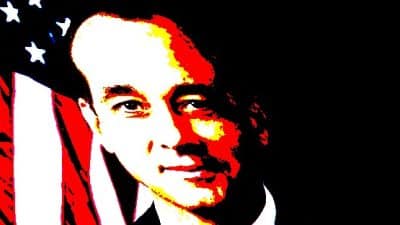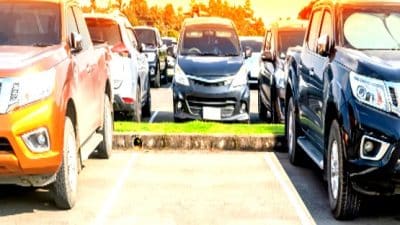
“Historically the rural farm vote was critical in Virginia politics for many, many decades,” explained Dr. Dan Palazzolo, a University of Richmond professor of political science. “Candidates need to pay attention to rural voters. They actually matter quite a bit. Our agriculture industry in Virginia is very important. No elected official should take the rural areas for granted.”
Palazzolo noted that rural voters typically are much more engaged on a wide variety of topics than other voters.
“Rural voters think beyond their basic economic needs,” he said. “They are not as inclined to want government to do things for them. Many of them are independent and believe in self-reliance on what we call cultural issues. Everything from gun control to family values to observation of religion.”
With controversial regulations like the Chesapeake Bay cleanup program and the Environmental Protection Agency’s Waters of the U.S. initiative coming out of Washington, Virginia Farm Bureau Federation leaders statewide are watching the election closely, said Andrew Smith, VFBF senior assistant director of governmental relations.
“So often people look at Virginia and see the urbanization we’ve had in many spots around the state and that the rural vote is lessening. But every vote counts,” Smith said. “We’ve seen that in a number of elections over the past several years, where candidates have taken the rural vote for granted or written them off and just focused on the larger, more-populated areas. Then they lost by a small margin by not getting the votes they needed in rural areas.”
Farm Bureau is a non-governmental, nonpartisan advocacy group that has represented Virginia farmers for 90 years. With such a polarizing election coming up, Smith said his advice to members is to focus on the policy issues that are important to them.
“Don’t just look at a party one way or the other. Don’t listen to the rhetoric you hear in the media. Go and look at the issues that are important to you, and vote appropriately.”
Political pundits still consider Virginia to be a “swing state” in which either party could win the presidential race. And voter turnout is expected to be strong in the countryside this fall.










